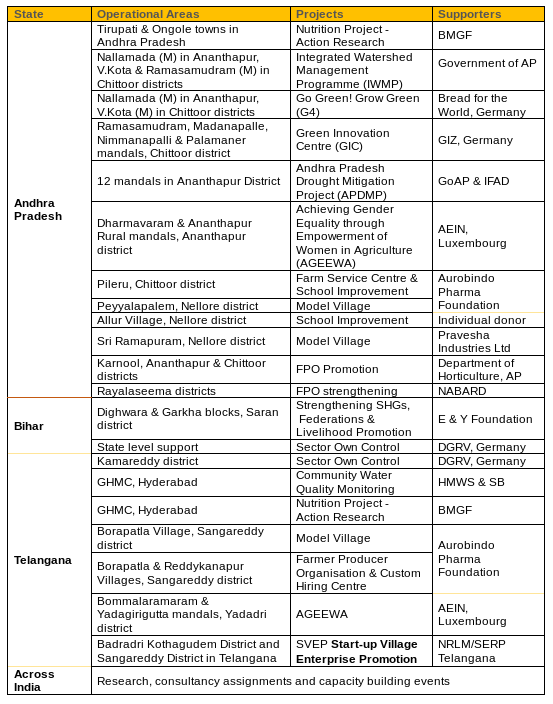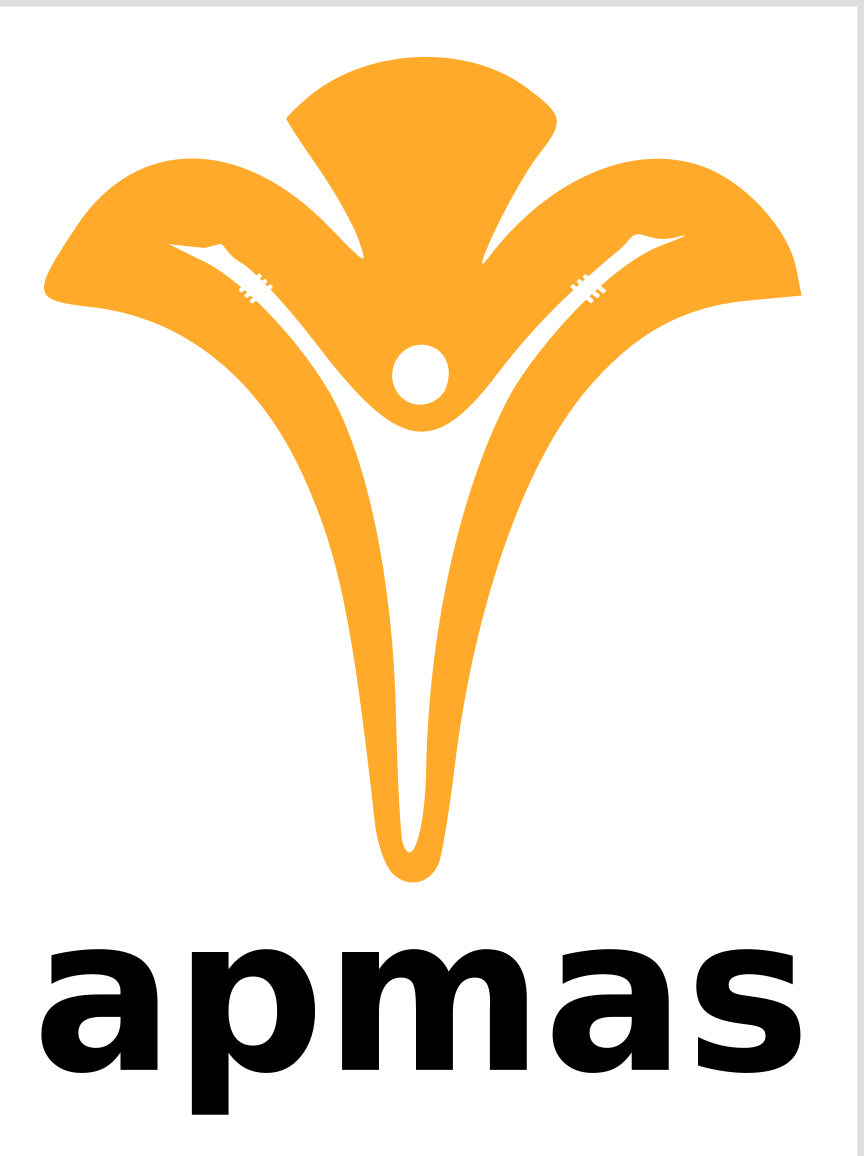Mahila Abhivruddhi Society, Andhra Pradesh (APMAS) is a national level resource organization working for the advancement of people’s institutions such as women’s self-help groups (SHGs), SHG federations, farmer producer organizations (FPOs), and other community based organizations (CBOs) who believe in and respect the spirit of self-help and keep it as a guiding principle. The first step in our 17 years of journey was supporting women SHG movement in the erstwhile Andhra Pradesh in 2001 and across several states in the country. The credibility gained in terms of building social capital through strengthening of rural and urban SHGs provided an impetus to empower the poor and marginalized communities through promotion of livelihoods, natural resources management, integrated farming systems, farmer producer organizations, and model villages.
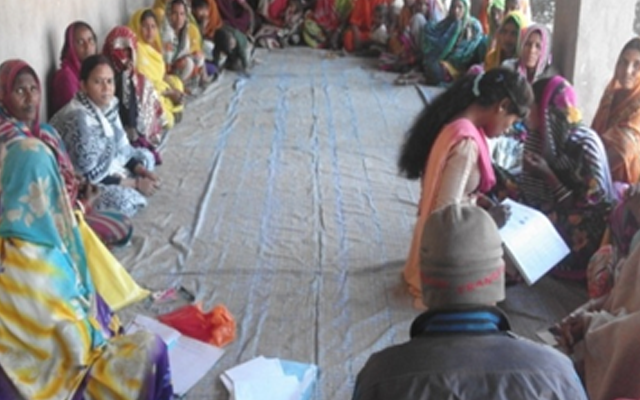
Building Social Capital
Focus is on promotion and strengthening of self-help organisations such as women SHGs and their Federations, Farmer Producer Organisations and organisations of the marginalised communities to become member-owned institutions with standard systems & procedures to take up social and business enterprises. Enable and empower the communities to realize their full potential is a nucleus and integral part of this core domain.
In partnership with the government and the self-help promoting institutions, APMAS has supported more than 2,50,000 SHGs & 10,000 SHG federations in rural and urban areas. A model ‘Sector Own Control’ has been demonstrated covering 4408 SHGs (Self-help groups), 171 VOs (Village Organisations) and 5 Mandal Samakayas in Kamareddy district of Telangana. This has been recognized as a replicable model by several SHPIs and the State Rural Livelihoods Missions (SRLMs) across the country. The community resource persons play a key role in up-scaling this experience in selected states.
APMAS strengthens and facilitates SHG institutions to move beyond financial inclusion / economic empowerment in terms of playing a catalyst role - ensuring access to safe drinking water in the slums of GHMC (Greater Hyderabad Municipal Corporation); improving nutrition outcomes in 15 urban slums each in GHMC in Telangana and Ongole & Tirupati towns in Andhra Pradesh; and strengthening 1639 SHGs and 102 VOs and forming & strengthening 6 CLFs (Cluster Level Federations) to improve socio-economic conditions of women through livelihoods promotion in Dighwara & Garkha blocks, Saran district, Bihar. APMAS has also been promoting and strengthening 100 FPOs in Andhra Pradesh and Telangana towards enhancing production, productivity and profitability of farmers.
NRM and Livelihoods
The focus under this domain is soil, water and energy conservation measures; common property management; drought and risk mitigation measures; natural resources management; promotion of sustainable agricultural practices through integrated and natural farming; use of appropriate technology; package of practices for productivity enhancement; collective procurement of inputs; value addition and collective marketing; partnerships and networking across the entire value chain; sharing of experience for leaning and linking, and policy influencing.
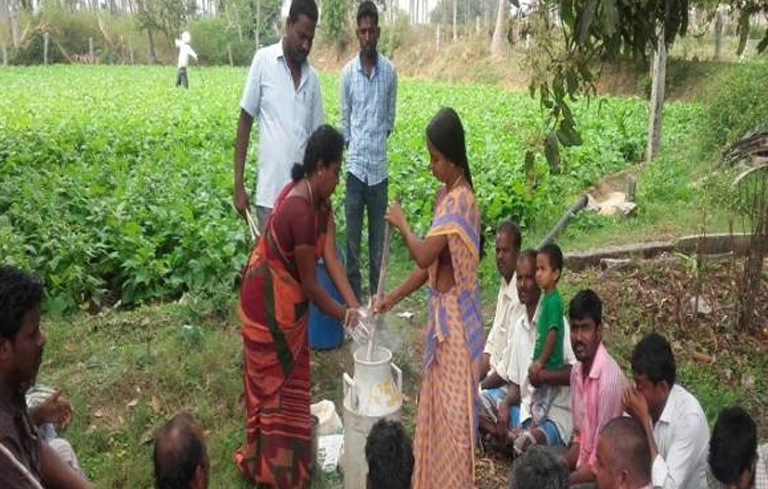
The base for our work in this domain began with the support of Aga Khan Foundation for European Union funded SCALE project during 2004-2012. This was further strengthened by the implementation of six mega watersheds in the states of Andhra Pradesh & Telangana. The foundation laid and experience gained through watershed programme prompted us to work with farmers especially small holders. At present, we are working with 15,000 farmers directly and another 15000 farmers through partners under various projects. By 2020, we aim to reach out one lakh farmers both directly and indirectly through our intensive engagement in promotion and strengthening of nearly 100 farmer producer organizations (FPOs) as business enterprises for undertaking value-chain interventions in Chittoor, Ananthapur and Kurnool districts of Andhra Pradesh and in Kamareddy, Sangareddy & Yadadri districts of Telangana.
The nucleus thrust of this programme is to enhance the production, productivity and profitability of the farmers with the special focus on small landholders, women and youth. We aspire to position ourselves as a strategic player in promotion and strengthening of FPOs as business/ social enterprises across the country and in the developing countries of South.
Innovations and Pilots
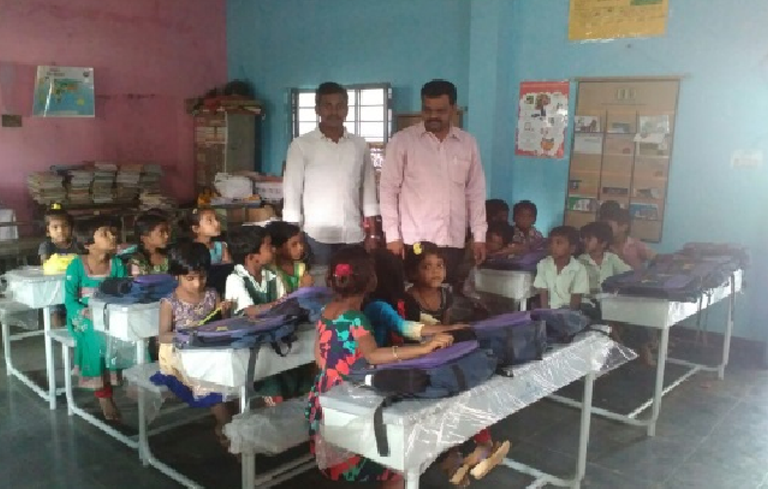
Focus of the third vertical domain is primarily for learning and up-scaling (by the government) towards attaining inclusive growth in the rural and urban communities by undertaking innovations and pilots such as making models/towards becoming model villages; school improvement, solid waste management; environment protection; skill development etc.
Currently APMAS works for promotion of model villages (Peyyalapalem & Sri Ramapuram in AP and Borapatla in Telangana) and school improvement in Allur of Nellore district and Pileru of Chittoor district in AP with the support of CSR funding and in close collaboration with the government flagship programmes such as SMART Village in Andhra Pradesh and Grama Jyothi in Telangana. Our focus in this domain is institutionalizing community-driven development processes to achieve overall development of the village. The emphasis is on people's institutions taking ownership of the transformation in the village by keeping the human development high on the pedestal of holistic and inclusive growth. We disseminate our experience gained to the key players engaged in promotion of model villages and flag the importance of focusing human development and inclusive growth.
Operational Areas and Supporters
